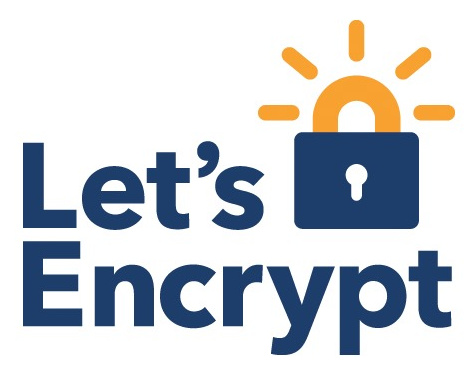“Let’s encrypt” Seafile using a free(!) certificate
On August 9th, 2016 In Linux

(This post is an updated version of an older HOWTO I wrote a few months ago and which has quickly become outdated.)
1. Introduction
In a previous post I documented how I set up Seafile on a Raspberry Pi. To be honest, that guide wasn’t all that spectacular: I simply followed the official manual. To summarize: MySQL, nginx + SSL, Seafile.
In
Using a (free!) “Let’s encrypt”-certificate for Seafile
On January 26th, 2016 In Linux

(An updated version of this guide can be found here.)
1. Introduction
In a previous post I documented how I set up Seafile on a Raspberry Pi. To be honest, that guide wasn’t all that spectacular: I simply followed the official manual. To summarize: MySQL, nginx + SSL, Seafile.
In this post I’ll show you how I’ve recently
Seafile: Bye, bye, Dropbox?
On July 22nd, 2015 In Linux

One of the many good reasons to set up a self-hosted server (besides the obvious fun factor ;-)) is to escape, at lest partially, from all the massive spying and snooping, be it by corporations or governments. (In the second case: good luck.) A key component in any modern web offering is of course cloud-based file synchronization (e.g. Dropbox,
DB or not DB?
On July 19th, 2015 In Linux

Or rather: should I use MariaDB or MySQL?
What good is a webserver without a database? In fact, for now my server is doing just fine, but that's mainly due to GetSimple being one of the simplest content management systems ever conceived: it's only a few PHP and XML files. But the truth is that many elements of a complete server environment
GetSimple & Co.
On July 17th, 2015 In Linux

Eigentlech war mäi Plang de ganze Setup vum Raspberry Pi ze dokumentéieren, speziell wat de Content Management System / Blog ugeet. Well déi ganz Installatioun awer eng Zäitchen hir ass, erënneren ech mech net méi un all Detail.
Hei sinn dann awer trotzdem e puer minimal technesch Detailer, wat mäi Setup
